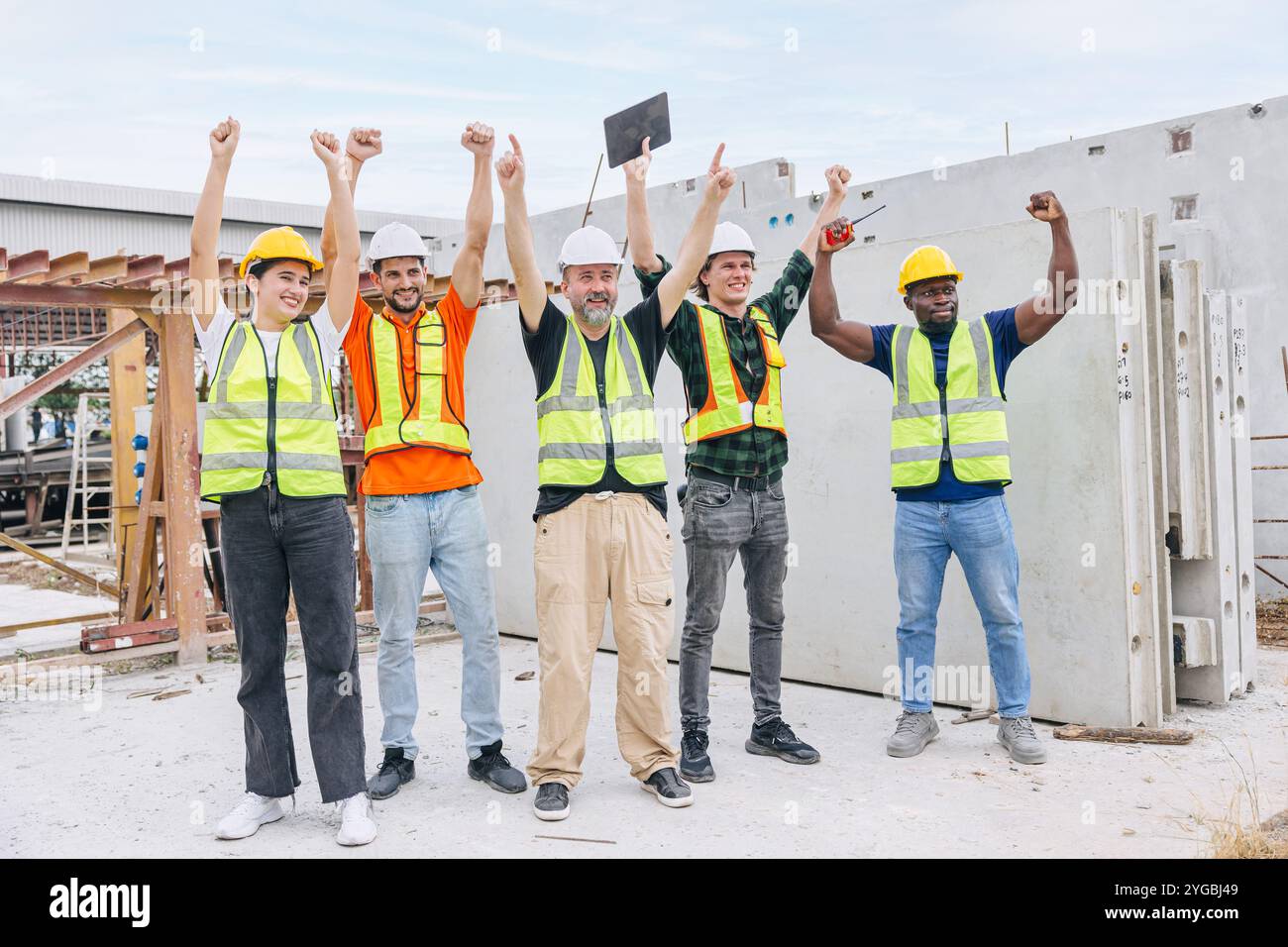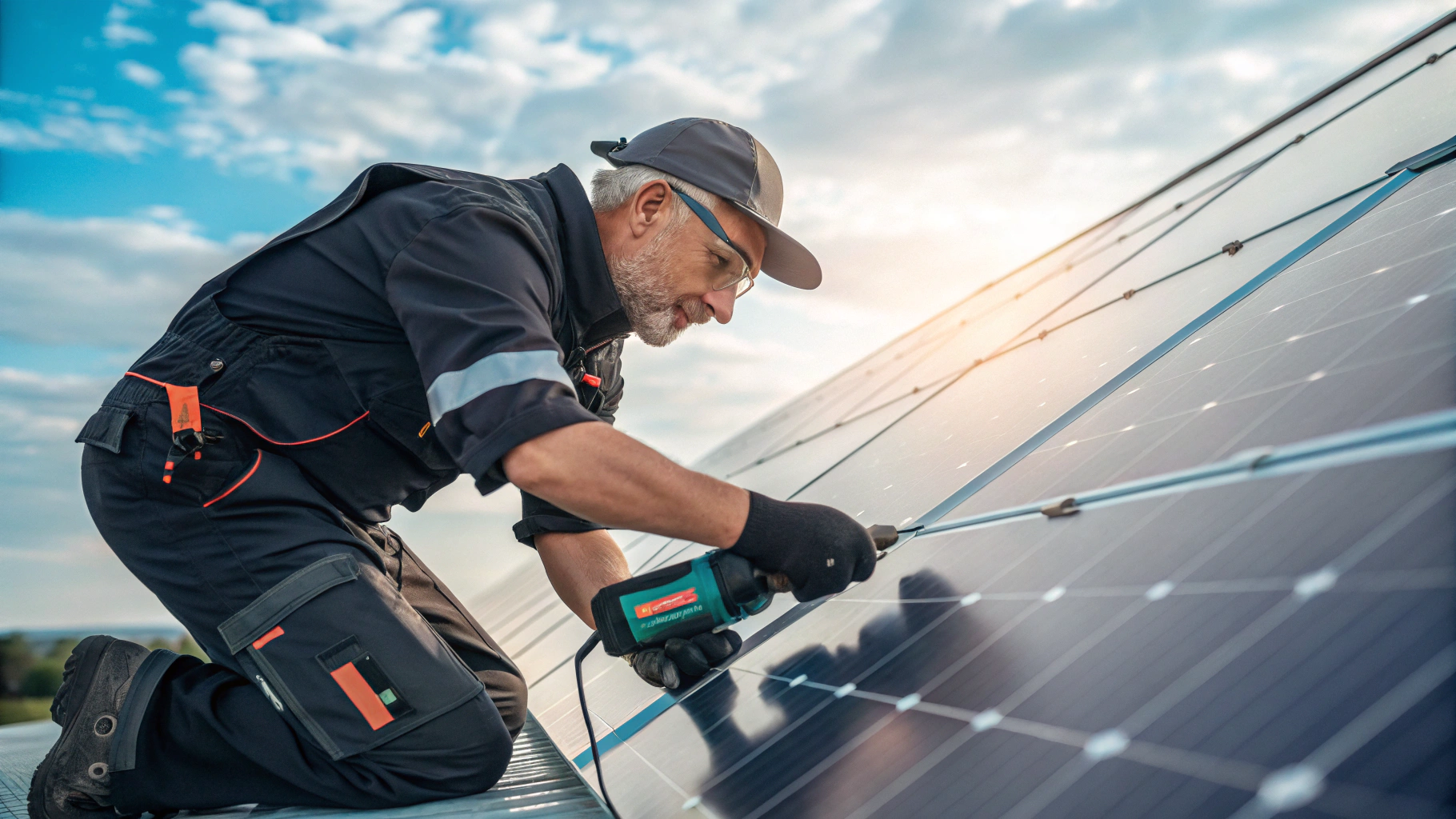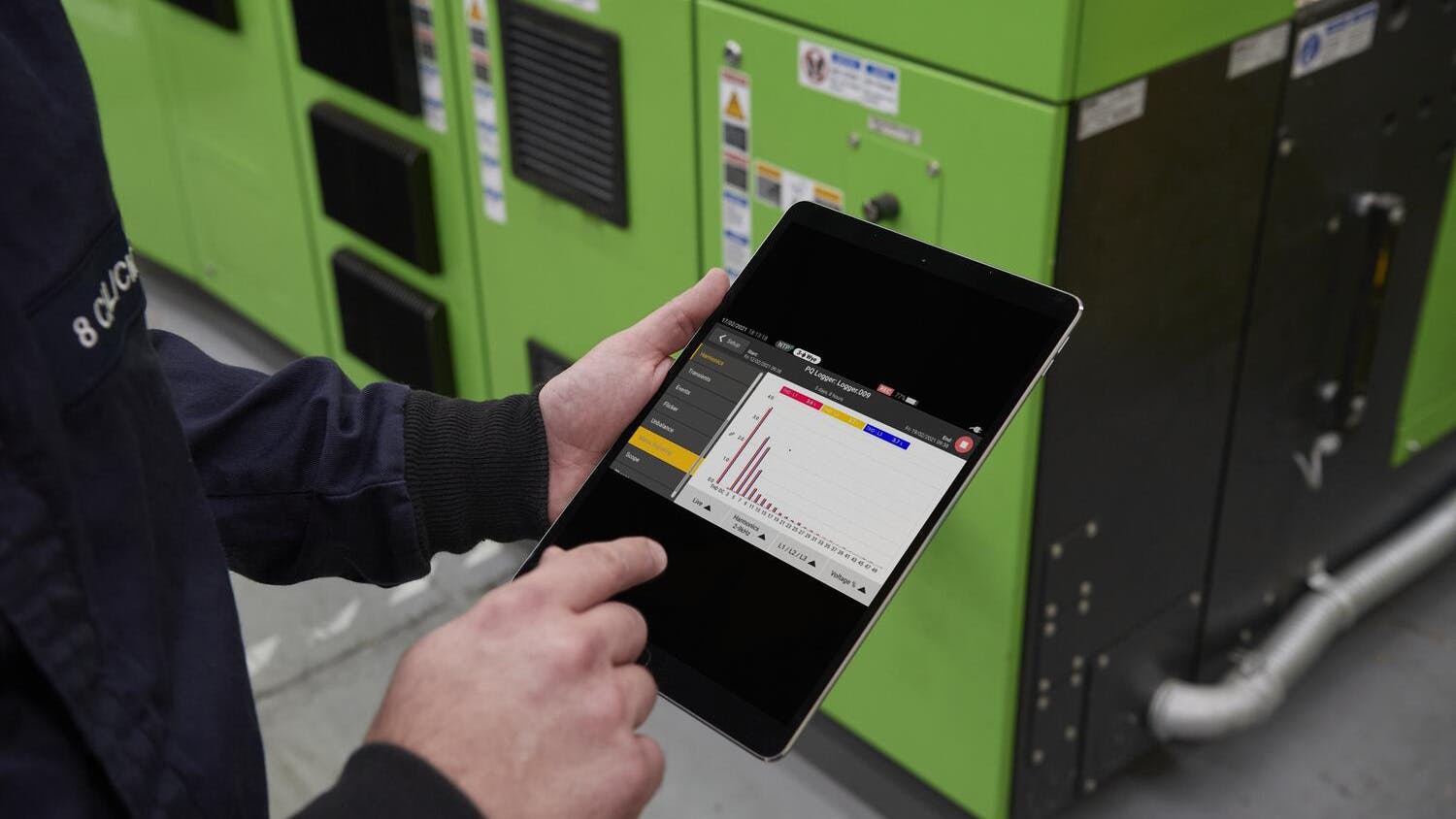Introduction
The trades are changing fast. Between infrastructure demands and emerging technologies, jobs in construction, renewable energy, and manufacturing have become some of the most stable career paths today. But we’re facing a massive worker shortage. The American Welding Society is warning that we'll be short 314,000 welders by 2025 1. And with 89% of trade professionals now using technologies like AI and automation daily 2, these roles offer more than steady paychecks but also represent how the space is evolving into high-tech careers. Let’s see how vocational careers are changing and how workers and employers can adapt.

How Skilled Trades Careers Are Evolving with Labor & Technology Trends
Labor Gaps Meet Technological Adoption
Retirements and a lack of new entrants continue straining industries. Construction alone needs 154,900 new workers annually through 2035 to meet housing and infrastructure demands, according to Bureau of Labor Statistics projections 1. Government initiatives like the $500 billion Inflation Reduction Act are accelerating green energy projects, further intensifying demand for skilled labor.
Technology now touches nearly every trade. Electricians install solar-powered smart grids, while HVAC technicians optimize geothermal systems. A striking 89% of tradespeople report using advanced tools like 3D modeling software or robotic welders 2, creating hybrid roles that pair physical skill with digital know-how.

Employers Raise the Bar
Background checks have grown 10% stricter since 2024 as companies prioritize reliability 5. Niche certifications also now dominate hiring. For example, welders with American Society of Mechanical Engineers (ASME) qualifications earn 18% more than uncertified peers 6.
Emerging Trade Opportunities in Sustainability & Technology
High-Demand Roles
- Renewable Energy Technicians: Wind turbine and solar installers lead growth, with jobs expanding 54% faster than average 7.
- Smart Infrastructure Specialists: Electricians certified in Internet of Things (IoT) systems are critical for modernizing power grids and factories.
- Robotics-Assisted Welders: Automotive and aerospace firms urgently need pros who can operate AI-guided welding rigs 1.

Green Collar Workforce Expansion
Sustainability drives job creation. Plumbers retrofitting water-recycling systems and construction managers overseeing LEED-certified buildings exemplify roles powering the transition. Even federal clean energy investments are projected to create 1.2 million trades jobs by 2028.
Technology’s Role in Shaping Modern Trade Work
Automation as a Partner
While robots handle hazardous tasks like inspecting high-voltage lines, humans remain indispensable. Consider HVAC techs using AI diagnostics. While machines flag inefficiencies, technicians interpret data and execute repairs.
“The tools evolve, but problem-solving stays human,” says Luis Molina, a 28-year refrigeration specialist in Phoenix 9.

Bridging the Digital Divide
Despite 92% of trade jobs requiring digital skills, 32% of workers need upskilling 10. Vocational programs now offer hands-on training with augmented reality (AR) simulations. Diesel mechanics might now troubleshoot virtual engines before touching real rigs, ensuring safer, faster learning 11.

Industries Driving Trade Career Growth
These three sectors dominate expansion in trade careers:
- Construction: Housing shortages and smart city projects require electricians, pipefitters, and equipment operators. Union membership has surged 23% since 2022, which boosted wages and benefits.
- Renewable Energy: Solar farms and hydrogen hubs across the Midwest need certified installers and engineers.
- Advanced Manufacturing: Reshoring initiatives and robotics adoption have Texas and Ohio competing for welders and machinists.
Redefining Trade Education & Accessibility
Hands-On Learning Gets Smarter
Apprenticeships now include green tech modules. For instance, HVAC programs teach low-emission refrigerant handling alongside traditional repairs, reflecting updated EPA 608 certification standards 12.
Breaking Down Barriers
With 76% of Gen Z candidates citing cost as their main hurdle, initiatives like Tennessee’s free community college for trades are encourage access 13. Employers like Tyson Foods now offer paid apprenticeships with guaranteed jobs upon completion.
Policy and Demographics Reshaping the Field
Government Spurs Growth
The 2025 Preparing Americans for High-Paying Skilled Trade Jobs executive order expanded tax credits for employer-led training. Simultaneously, states like Illinois have simplified licensing for electricians and plumbers to accelerate hiring 14.
A Workforce in Transition
Though the median tradesperson is 43 (10 years older than the national workforce average 15), Gen Z construction hires jumped 22% since 2024. Women remain underrepresented at just 4.3% of tradesworkers, but initiatives like Chicago Women in Trades are changing perceptions through mentorship 16.

Building Pathways to Success
From Classroom to Career
Partnerships between schools and employers are critical. In Ohio, Honda collaborates with high schools to train robotics technicians, blending shop class with STEM credits.
Economic Mobility in Action
Take Javier Rodriguez, a former retail worker who joined a union apprenticeship. Now a journeyman electrician earning $78k annually, he embodies trades’ potential:
“This career changed my family’s trajectory overnight”
Conclusion: Crafting the Future
Skilled trades have shed their “fallback career” label. Today’s tradespeople are climate warriors, tech adopters, and infrastructure pioneers. Success demands continuous learning, even if that means mastering hydrogen fuel cell installation or AI maintenance protocols. For those willing to adapt, these careers offer stability and a front-row seat to building tomorrow.

